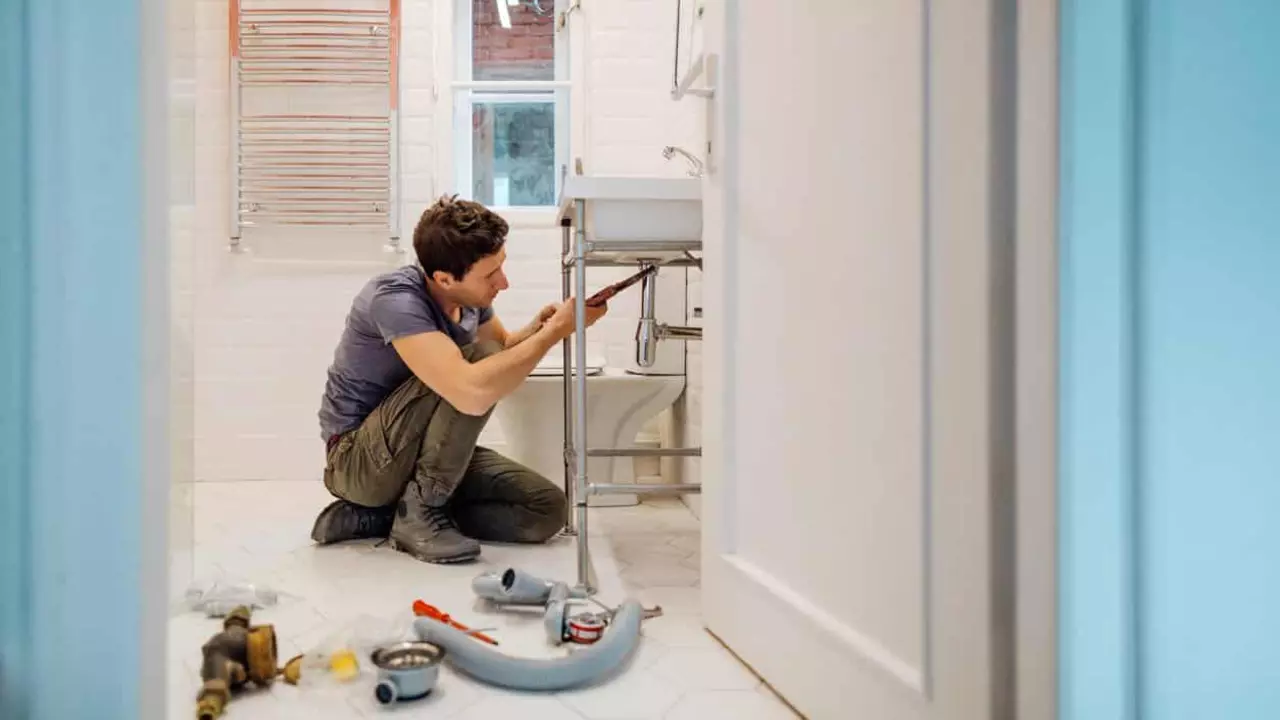
Identifying Common Household Problems
It's a fact of life - things break. No matter how well you care for your home, there will always be something that needs fixing. From leaky faucets to chipped paint, home repairs can seem overwhelming if you're not sure where to start. However, identifying common household problems is the first step towards a quick and efficient fix. Looking for signs such as stains on ceilings, which may indicate a leak, or squeaky doors, which may need a bit of oiling, can give you a clue on what needs fixing first.
Remember, the sooner you tackle these issues, the less damage they can cause in the long run. Plus, being familiar with common household problems can help you stay on top of maintenance, preventing larger, costlier repairs down the line. It might even save you from having to call a professional - a win for your wallet and your DIY skills.
Essential Tools for Home Repairs
Now that you've identified your household problems, it's time to stock up on essential tools for home repairs. For starters, a basic toolkit should include a hammer, screwdriver set, pliers, wrench, measuring tape, utility knife, and a level. Having these tools on hand will make tackling most household repairs a breeze.
Moreover, you might also want to consider investing in a quality drill, a set of nails and screws, a stud finder for hanging pictures or shelves, a ladder, and safety gear like gloves and goggles. While these items might seem like a big investment upfront, they'll pay off in the long run when you're able to carry out quick home repairs yourself.
Easy Repairs You Can Do Yourself
Believe it or not, there are plenty of home repairs you can handle yourself with a little know-how and the right tools. For instance, changing a lightbulb, unclogging a drain, patching a hole in the wall, or fixing a leaky faucet are all tasks that don't require a professional.
While these tasks might seem small, don't underestimate their impact. A house that's well-maintained and free from minor annoyances like a dripping tap or a squeaky door can significantly improve your quality of life. Plus, taking care of these easy repairs can give you the confidence to tackle more complex tasks in the future.
When to Call a Professional
While DIY home repairs can be a great way to save money and learn new skills, it's important to know your limits. Certain tasks, such as electrical work, plumbing repairs, or roof work, can be dangerous if you're not properly trained. In these cases, it's better to call in a professional.
Remember, there's no shame in asking for help. A skilled professional can get the job done quickly and safely, saving you the hassle and potentially preventing further damage to your home. Plus, they can often provide valuable advice for maintaining your home in the future.
Maintaining Your Home Post-Repair
Once you've completed your home repairs, don't forget about maintenance. Regular maintenance can prevent problems from reoccurring, extending the life of your home and its components. For instance, regularly cleaning your gutters can prevent water damage, while sealing cracks as soon as they appear can prevent structural damage.
Remember, maintenance is much more than just fixing things when they break. It's about proactively taking care of your home, so that small problems don't turn into big ones. With regular upkeep, your home will remain in great condition, saving you time and money in the long run.
Final Thoughts
In conclusion, quick home repairs are definitely doable if you're willing to invest a little time and effort. By identifying common household problems, stocking up on essential tools, and knowing when to call a professional, you can keep your home in top shape without breaking the bank.
Remember, home maintenance is an ongoing task, but it's one that can bring great satisfaction. So, roll up your sleeves, get out your toolkit, and start tackling those home repairs - your home (and your wallet) will thank you.


